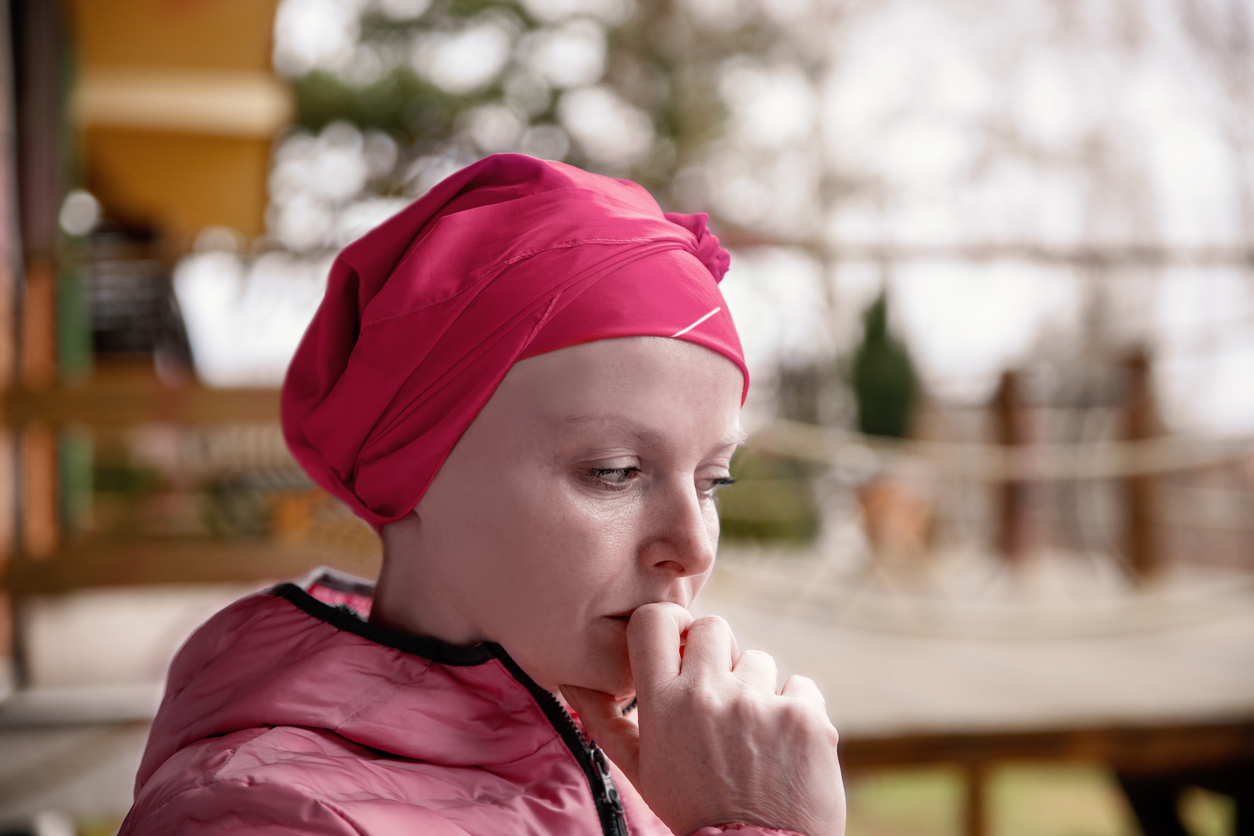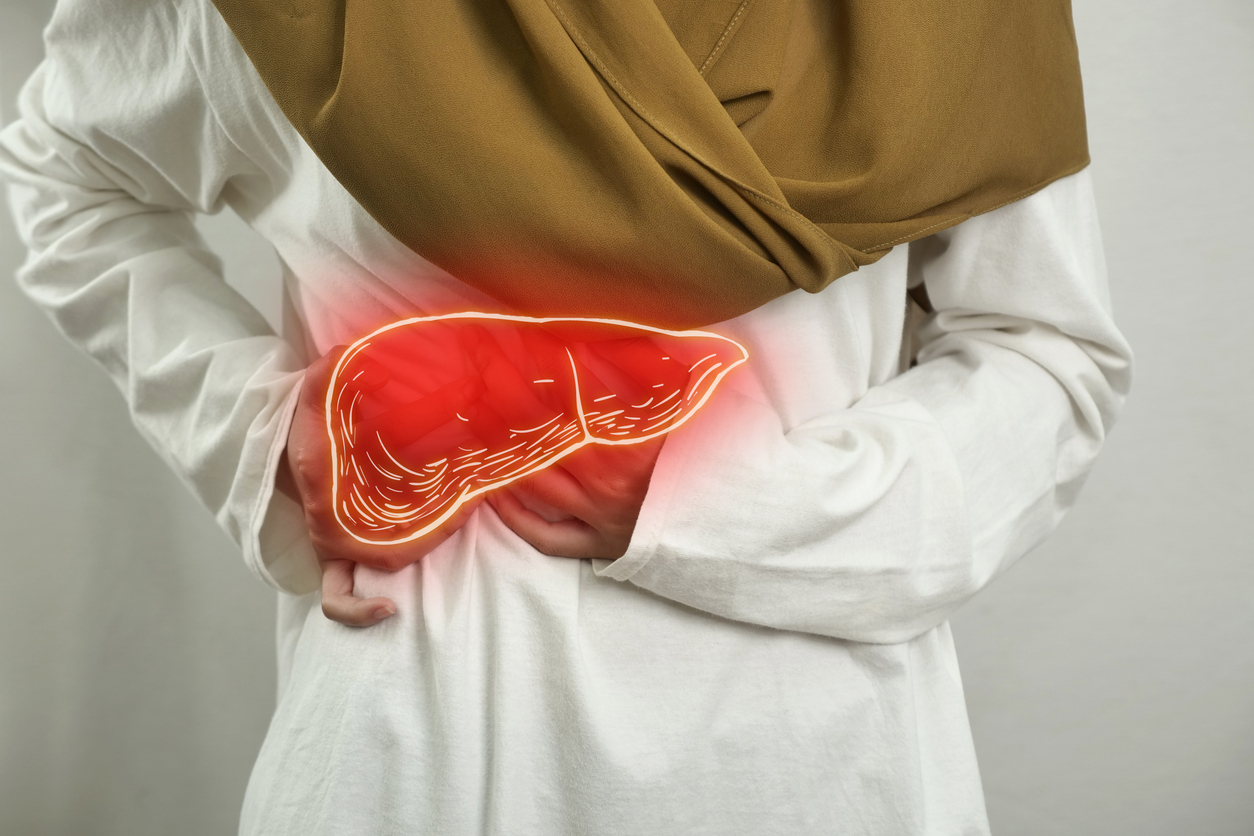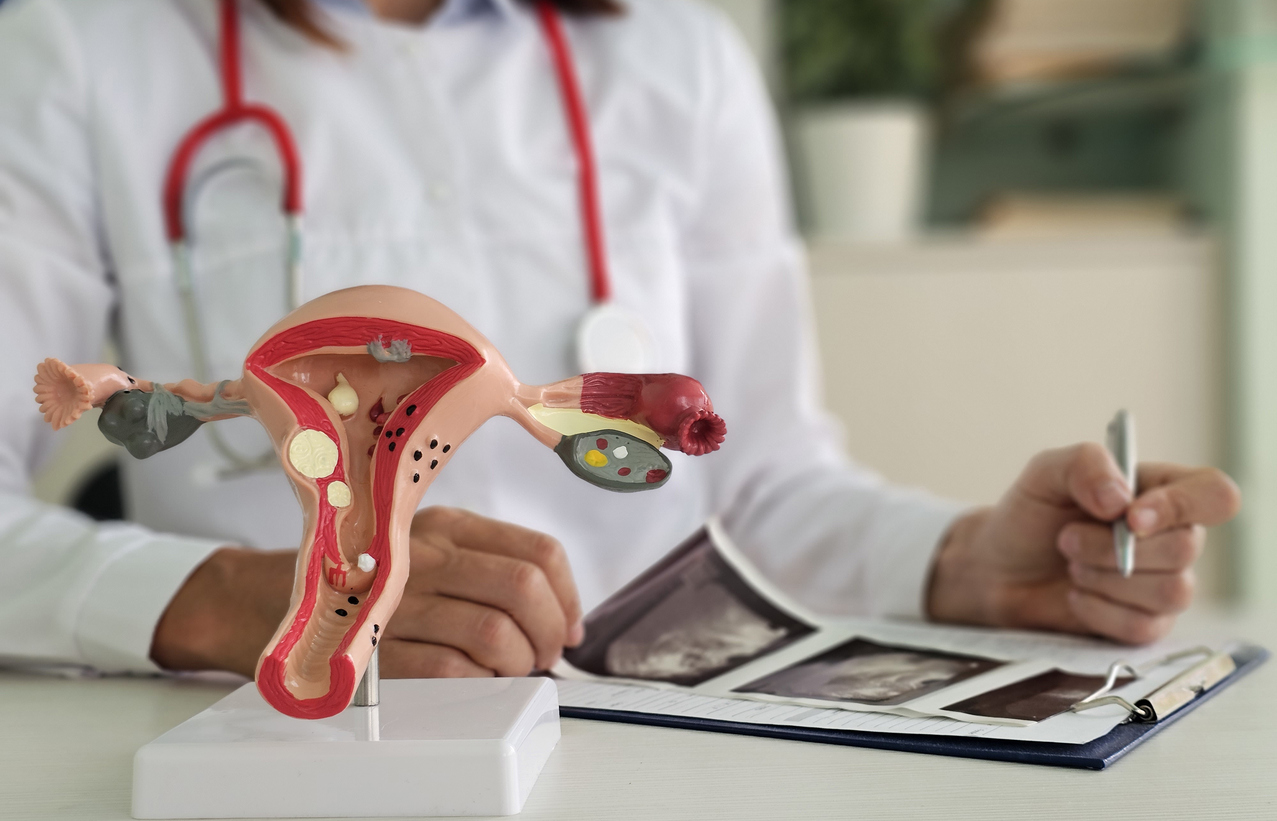2025-10-31
What if intracellular microbes promote metastasis in breast cancer?
Oncology
By Lila Rouland | Published on October 31, 2025 | 3 min read
Breast cancer, the leading cause of cancer-related death among women worldwide, is particularly feared for its ability to spread and form metastases. While tumor and immune factors involved in this process are well established, the role of the tumor microbiome, especially intracellular bacteria, remains largely unexplored.
Bacteria have been detected within human tumors, including inside cancer cells themselves. This surprising finding raises a fundamental question: could these intracellular microbes influence metastatic colonization?
Objective of the study: To identify the role of bacteria residing within breast cancer cells in promoting metastatic colonization, particularly in the lungs — a frequent site of breast cancer metastases.
Methodology: Researchers analyzed human and mouse breast tumors using 16S rRNA sequencing, fluorescence in situ hybridization (FISH), electron microscopy, and bacterial culture to identify intracellular bacteria. Mouse models of metastatic breast cancer were then used to study the functional role of these bacteria through experimental infections and microbiota depletion.
The main findings show:
The researchers identified a key mechanism: intracellular bacteria remodel the cytoskeleton of tumor cells, enhancing their adhesion, survival, and extravasation into lung tissue. This remodeling depends on the Rho GTPase/actin signaling pathway, which governs cellular mechanics and motility. The pro-metastatic effect of the intracellular microbiome was confirmed in vivo: mice injected with bacteria-containing tumor cells developed more lung metastases than those injected with bacteria-free cells.
This study highlights an unexpected player in breast cancer biology — the tumor-resident intracellular microbiome — capable of promoting metastatic colonization through mechanical remodeling of cancer cells. This mechanism may help explain why some tumors metastasize more efficiently than others despite having similar molecular profiles.
Main conclusion: Viable intratumoral bacteria, by modulating the cytoskeleton of tumor cells, promote lung metastasis formation.
Study limitations:
Future perspectives:
About the author – Lila Rouland
With dual expertise in science and marketing, Lila brings her knowledge to the service of healthcare innovation. After five years in international academic research, she transitioned into medical and scientific communication within the pharmaceutical industry. Now working as a medical writer and content developer, she is committed to highlighting scientific knowledge and conveying it to healthcare professionals with clarity and relevance.
Breast cancer, the leading cause of cancer-related death among women worldwide, is particularly feared for its ability to spread and form metastases. While tumor and immune factors involved in this process are well established, the role of the tumor microbiome, especially intracellular bacteria, remains largely unexplored.
Bacteria have been detected within human tumors, including inside cancer cells themselves. This surprising finding raises a fundamental question: could these intracellular microbes influence metastatic colonization?
Objective of the study: To identify the role of bacteria residing within breast cancer cells in promoting metastatic colonization, particularly in the lungs — a frequent site of breast cancer metastases.
Hidden bacteria helping tumors spread to the lungs?
Methodology: Researchers analyzed human and mouse breast tumors using 16S rRNA sequencing, fluorescence in situ hybridization (FISH), electron microscopy, and bacterial culture to identify intracellular bacteria. Mouse models of metastatic breast cancer were then used to study the functional role of these bacteria through experimental infections and microbiota depletion.
The main findings show:
- Viable bacteria were detected inside cancer cells from both primary breast tumors and lung metastases.
- These bacteria, primarily from the genera Staphylococcus, Streptococcus, and Lactobacillus, were not contaminants but active residents within tumors.
- Their presence significantly increased the ability of cancer cells to colonize the lungs — an effect abolished when bacteria were eliminated through antibiotics or genetic depletion.
The researchers identified a key mechanism: intracellular bacteria remodel the cytoskeleton of tumor cells, enhancing their adhesion, survival, and extravasation into lung tissue. This remodeling depends on the Rho GTPase/actin signaling pathway, which governs cellular mechanics and motility. The pro-metastatic effect of the intracellular microbiome was confirmed in vivo: mice injected with bacteria-containing tumor cells developed more lung metastases than those injected with bacteria-free cells.
The microbiome: a new therapeutic target against metastasis?
This study highlights an unexpected player in breast cancer biology — the tumor-resident intracellular microbiome — capable of promoting metastatic colonization through mechanical remodeling of cancer cells. This mechanism may help explain why some tumors metastasize more efficiently than others despite having similar molecular profiles.
Main conclusion: Viable intratumoral bacteria, by modulating the cytoskeleton of tumor cells, promote lung metastasis formation.
Study limitations:
- The effect was demonstrated mainly in mouse models.
- Only a partial identification of the bacterial species involved was achieved.
- The role of the immune system in these interactions remains unclear.
Future perspectives:
- Explore targeted antimicrobial strategies to limit metastatic progression.
- Develop intracellular microbial biomarkers predictive of metastasis risk.
- Extend this research to other highly metastatic cancers to evaluate broader applicability.
About the author – Lila Rouland
Doctor of Oncology, specialized in Biotechnology and Management

Last press reviews
Liver, sugar, and pills: who's in control?

By Ana Espino | Published on February 4, 2026 | 3 min read<br>
Endometrial cancer: Is PARP bringing new hope?

By Ana Espino | Published on February 3, 2026 | 3 min read<br>
